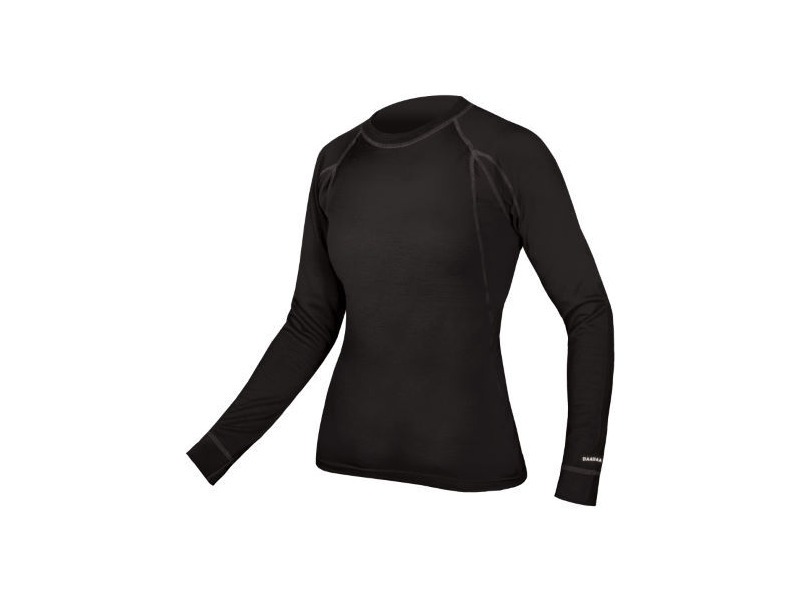New Facts To Picking Merino Wool Base Layers
Wiki Article
What Makes Yak Merino Wool Base Layers So Beneficial For Winter Sports Clothing With Regards To Natural Fiber Benefits?
Yak merino base layers are excellent for winter sport clothes due to their superior performance as well as the fact that they have natural fiber benefits in addition to sustainable environmental impact. Renewable and biodegradable.
Yak wool and merino fibres are both made from natural fibers. Renewable resources can be harvested sustainably without harming the animal. They are biodegradable, meaning that they degrade naturally without harming the environment.
Low Environmental Impact
Natural fibers' production generally has a lower environmental impact compared to synthetic materials. The process of harvesting and cultivation of wool involves less chemical processing and is less dependent on non-renewable resources as when compared to synthetic fibers.
Energy Efficiency
The process of processing wool fibers uses less energy than synthetic fibers produced, such as nylon and polyester. Natural wool's manufacturing process uses less energy and decreases carbon emissions.
Reduced Microplastics Pollution
Natural wool fibres do not pollute water bodies with microplastics like synthetic fibers.
Longevity, Recyclability and Durability
Yak merino garments can last many years, and are extremely durable. Wool fibers may also be recycled or repurposed in order to decrease waste.
Sustainable Practices
Wool producers and manufactures follow sustainable, ethical practices. This includes animal welfare, land management responsible and fair treatment for workers in the chain of production.
Environmental Certification-
The Responsible Wool Standard or the Global Organic Textile Standard, (GOTS) Both are certifications of environmentally and ethically aware practices in wool production. These standards provide consumers with a level of assurance on sustainable practices.
In general, base layers made from yak wool merino have a minimal impact on the environment. They are produced using renewable resources, and are based on ethical and sustainable standards throughout their supply chain. The use of natural fibers such as yak merino wool to make winter sport clothing supports environmentally friendly and responsible consumption practices. See the top merino wool base layer blog for more info including merino wool long underwear women's, smartwool 250 base layer women's, ski thermals, ice breaker thermals, ski thermal underwear, men's wool leggings, best thermal underwear for skiing, smartwool base layer womens, icebreaker merino wool base layer, best base layer for skiing and more.

What Are Some Of The Advantages Of Wearing Bamboo Clothing, In Terms Such As Its Softness, Antibacterial Properties And Longevity And Renewal?
Bamboo clothing offers several advantages in terms of softness, antibacterial properties, durability, and renewability. Softness-
Bamboo fabric is renowned for its silky texture and luxurious feeling. It's often compared with silk, or other luxury materials such as cashmere. It's smooth and soft to the touch.
Antibacterial Properties
Bamboo is a natural material with antimicrobial qualities. Bamboo contains "bamboo-kun," which is a naturally found antimicrobial agent. This property can help to prevent the growth of odor-causing bacteria and fungi on the fabric, making it fresher over longer periods and reducing the need to wash it frequently.
Durability-
The strength - Despite the softness of bamboo it can be strong and long lasting. Clothing made from bamboo can be worn over and over again without loosing its quality.
Renewability-
Rapid Growth - Bamboo grows extremely quickly, and without the need for pesticides. It is harvested in just a few years and has a low environmental impact.
Sustainability-
Eco-Friendly production- Bamboo processing and cultivation generally have less environmental impact than that of synthetic materials. Bamboo's rapid growth as well as its water-saving qualities, and its ability to grow in a variety of climates are all elements which contribute to the sustainability of this material.
Biodegradability-
Natural Decomposition - Bamboo clothes have a biodegradable quality that means it can decay on its own after the conclusion of its lifecycle. This can reduce the amount of waste materials that are not biodegradable.
Hypoallergenic Qualities
Bamboo fabric is not as likely as other synthetic substances to cause irritation on the skin or cause allergic reactions. This makes it an ideal choice for those who have sensitive skin.
Bamboo clothing is an excellent choice for those seeking practical, eco-friendly and comfortable clothes. It is soft, with antibacterial properties and long-lasting durability. These characteristics make for a pleasant wearing experience while aligning with environmentally-friendly practices. Have a look at the recommended top article for bamboo clothing for more tips including bamboo pants for women, bamboo newborn clothes, bamboo clothing brand, bamboo fibre clothing, bamboo sportswear, boody bamboo underwear, kate quinn bamboo, bamboo long sleeve shirt, bamboo shirts wholesale, bamboo apparel and more.

What Are The Differences Between Merino And Bamboo Clothing Differ From Regular Wool?
Merino wool bamboo clothing, regular wool can be distinguished with their distinct characteristics.
Softness- Merino wool is renowned for its fine and soft fibers, making it comfortable against skin. It's less likely than wool that is more traditional to cause irritation and itching.
Moisture-wicking Merino wool has excellent moisture-wicking properties that draw moisture away from the skin, allowing it to evaporate, keeping the wearer dry and comfortable.
Merino Wool is a fantastic insulation, and it offers warmth even when it is wet. It regulates body temperatures by providing insulation and breathability to avoid overheating during exercise.
Odor Resistant - It stops the expansion and growth of bacteria that cause odors So clothes stay fresh for longer.
Bamboo Clothing
Softness Bamboo clothing is known for its silky soft texture. It could be described as cashmere, or even silk. Bamboo is a soft material that gives you a pleasant experience.
Moisture-Wicking- Bamboo fabric has properties to wick moisture away that draw water away from the skin and keeps the wearer dry during exercise.
Temperature Regulation- Bamboo clothing has natural temperature-regulating abilities, offering warmth in winter and breathability to prevent overheating.
Sustainable Bamboo - Bamboo is a fast growing plant and is free of pesticides or fertilizers. It is biodegradable and has a low impact on the environment.
Regular Wool-
Texture The texture of wool may differ Some are coarser than others and more likely to trigger itching or discomfort.
Wool is a great insulation material. It can be extremely warm, however it may appear weighty or large.
Wool absorbs moisture and is consequently less efficient at drying moisture than merino or bamboo fabrics. However, it retains warmth even when it is damp.
In the end, merino Wool provides a soft, supple feel, great moisture-wicking, odor resistance, and insulation. Bamboo clothing has a soft airy feel. Also, it regulates temperature and is eco-friendly. Regular wool comes in a variety of textures and may not provide the same softness and moisture wicking capability as merino clothing or bamboo clothes, however they will offer warmth and insulation. Each material caters to different needs, and all have distinct advantages. View the top rated merino winter clothings tips for website recommendations including merino wool underwear womens, merino undershirt, ski thermals womens, ski thermals womens, icebreaker baselayer, smartwool base layer, merino wool ski base layer, ski base layer mens, smartwool men's classic thermal merino base layer crew, 400g merino wool base layer and more.
